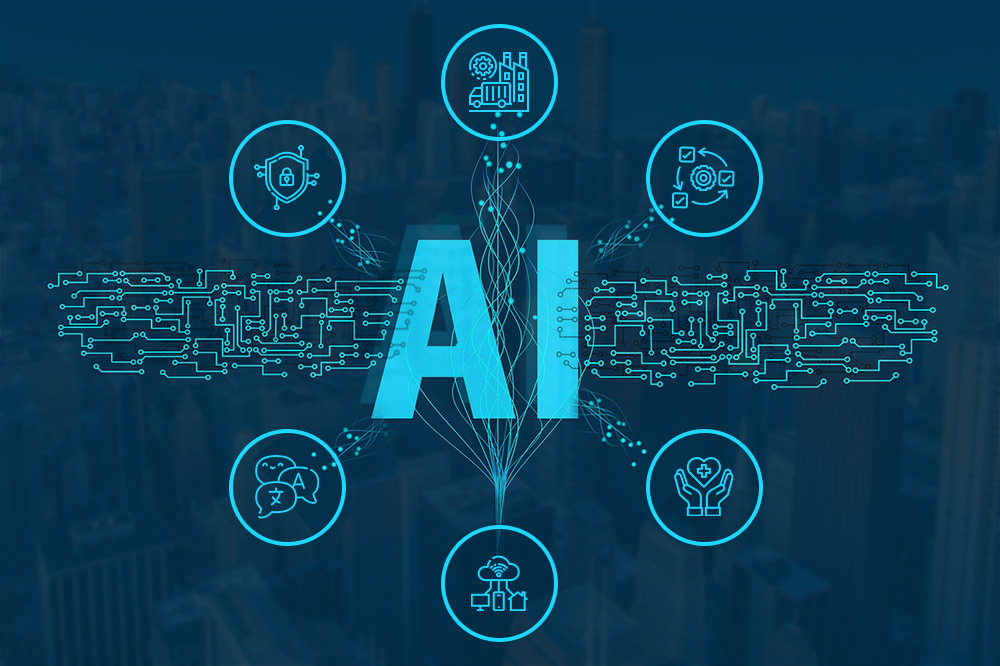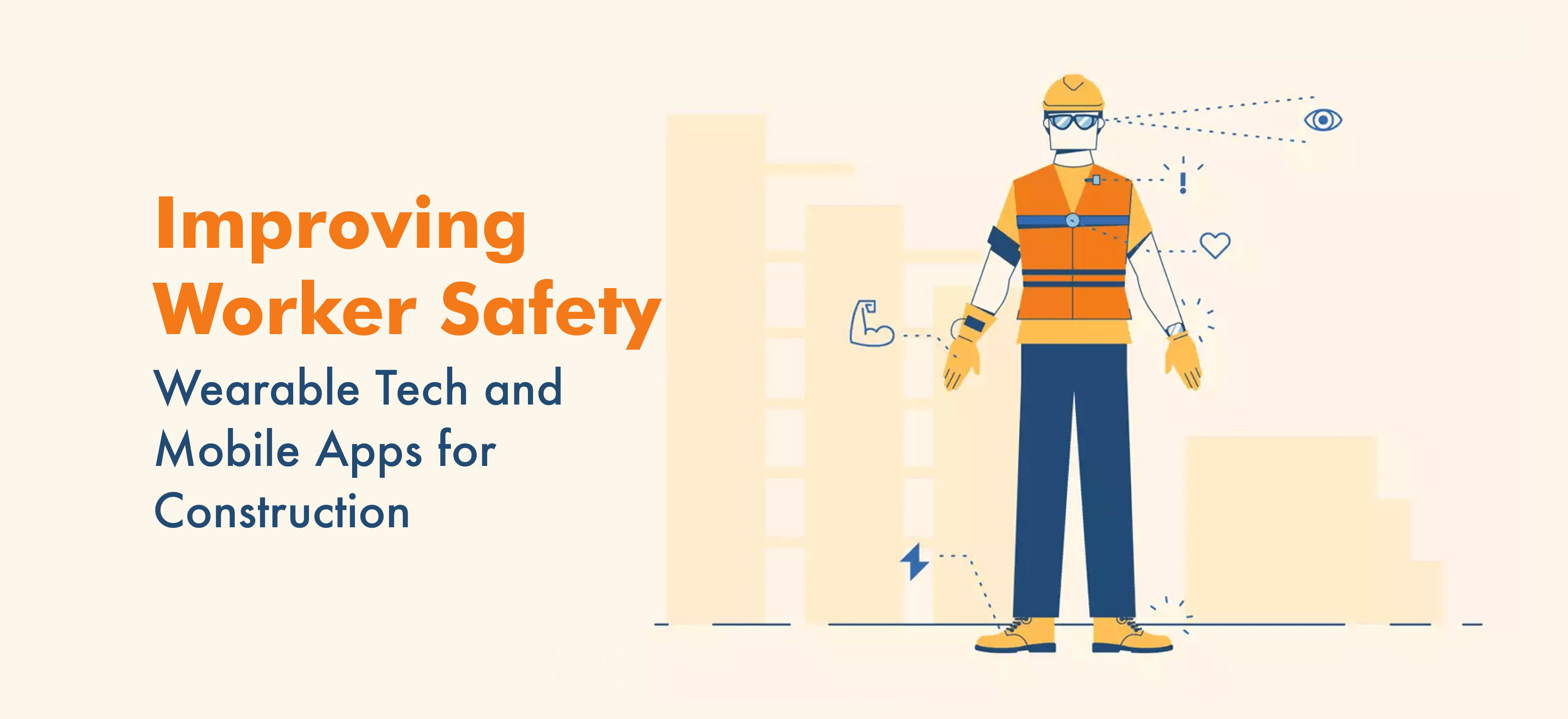Introduction
Artificial intelligence, also known as AI, is one of the most innovative technologies of our time. Nearly every element of human life, including how we work and communicate as well as how we obtain healthcare and make decisions, might be altered by it. In this blog, we’ll look at how AI is profoundly affecting our daily lives and altering how we engage with the outside world.
account takeover fraud detection solution
Enhanced Healthcare
AI is revolutionizing the healthcare industry in various ways. Medical professionals are using AI algorithms to analyze large datasets and make more accurate diagnoses accordingly. Machine learning models and AI tools can predict the disease precisely and assist in drug discovery and treatment for the better results. Telemedicine powered by AI allows patients to receive remote consultations, making healthcare more accessible.
Smarter Personal Assistants
We now rely heavily on virtual personal assistants like Siri, Google Assistant, and Alexa. These AI-driven tools can answer questions, set reminders, control smart home devices, and even play music or tell jokes. They continually improve through machine learning, becoming more personalized and responsive to individual needs.
Autonomous Vehicles
The development of driverless vehicles depends heavily on AI. Self-driving cars use advanced AI algorithms to perceive their surroundings, make decisions, and navigate safely. As this technology matures, it has the potential to reduce traffic accidents and transform transportation systems.
Financial Services
AI is transforming the financial industry by automating tasks like fraud detection, risk assessment, Personalized Financial Advice, Regulatory Compliance, Wealth Management, KYC and AML Compliance, trading, and customer support. Robo-advisors use AI to manage investment portfolios, providing cost-effective and data-driven financial services to individuals.
Education and Personalized Learning
AI is reshaping education and learning through innovative tools and approaches that enhance teaching and personalize learning experiences. AI-driven platforms analyze students’ strengths, weaknesses, and learning styles to tailor educational content and assignments. This personalized approach helps students learn at their own pace, ensuring a deeper understanding of the material. Adaptive learning systems powered by AI adjust the difficulty of lessons in real-time based on a student’s performance. These platforms use AI algorithms to adapt lessons and assignments to students’ individual needs and learning styles. AI-driven chatbots also assist students with questions and provide real-time feedback.
Content Recommendation
AI-powered content recommendation systems are changing the way we consume media and entertainment. Streaming services like Netflix and Spotify use AI to analyze user preferences and suggest relevant content. This not only enhances the user experience but also drives engagement and revenue.
Natural Language Processing
AI has made significant strides in natural language processing, enabling chatbots like Siri, Google Assistant, and virtual assistants to understand and respond to human language. They can understand and respond to natural language queries, offering a seamless and personalized user experience. AI analyzes social media posts, reviews, and comments to gauge public sentiment about products, brands, or social issues. Businesses use sentiment analysis to make data-driven decisions and tailor their strategies. AI-powered translation tools, such as Google Translate, have greatly improved language translation accuracy. These tools break down language barriers, making global communication more accessible and efficient. This technology has applications in customer service, translation services, and content generation.
Job Automation and Workforce Changes
Artificial Intelligence (AI) is revolutionizing the workforce, bringing both unprecedented opportunities and significant challenges. As AI technologies advance, they are automating tasks, reshaping job roles, and influencing the future of work across various industries. While AI can automate repetitive tasks from manufacturing and logistics to customer service and data entry, this automation improves efficiency and reduces errors but can lead to workforce displacement in certain sectors The growth of AI has given rise to new job roles, such as data scientists, machine learning engineers, and AI ethics specialists. These professionals are essential for developing, maintaining, and ensuring the responsible use of AI systems.
Conclusion
Artificial Intelligence is indeed transforming human life in profound ways. From healthcare to transportation, education to entertainment, AI is enhancing our daily experiences and making our lives more efficient and convenient. But technology also poses moral and societal issues that need to be resolved. As AI continues to advance, it is crucial for society to harness its potential while ensuring responsible and ethical AI development. The future is undoubtedly intertwined with artificial intelligence, and understanding its impact is key to navigating this transformative era.





